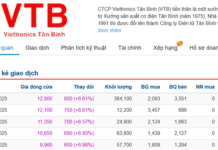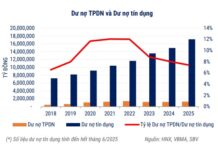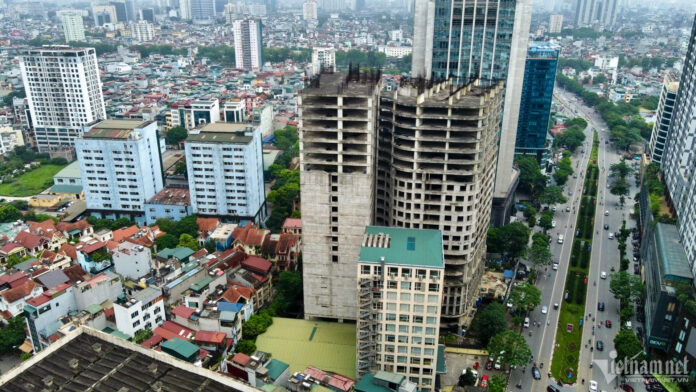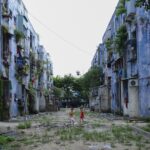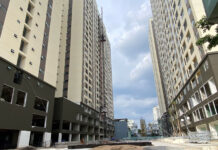According to a recent market report by the Vietnam Real Estate Brokers Association (VARS), citing data from the General Statistics Office, there has been a significant shift in marriage and birth trends in Vietnam over the past 30 years. The average age of marriage has increased, and the marriage rate has decreased, leading to a halving of the birth rate.
VARS attributes this trend of late marriages and low birth rates primarily to financial concerns.
According to VARS, soaring property prices and, consequently, high rental costs have placed a strain on people’s living expenses. Many young people feel the need to buy a home before getting married or starting a family, but with the current surge in property prices, it is not easy to become a homeowner. This leads them to focus on earning money, possibly neglecting the ideal time to start a family.
The monthly rent and living expenses consume a significant portion of young couples’ income, leading many to opt for having only one child or postponing parenthood altogether.
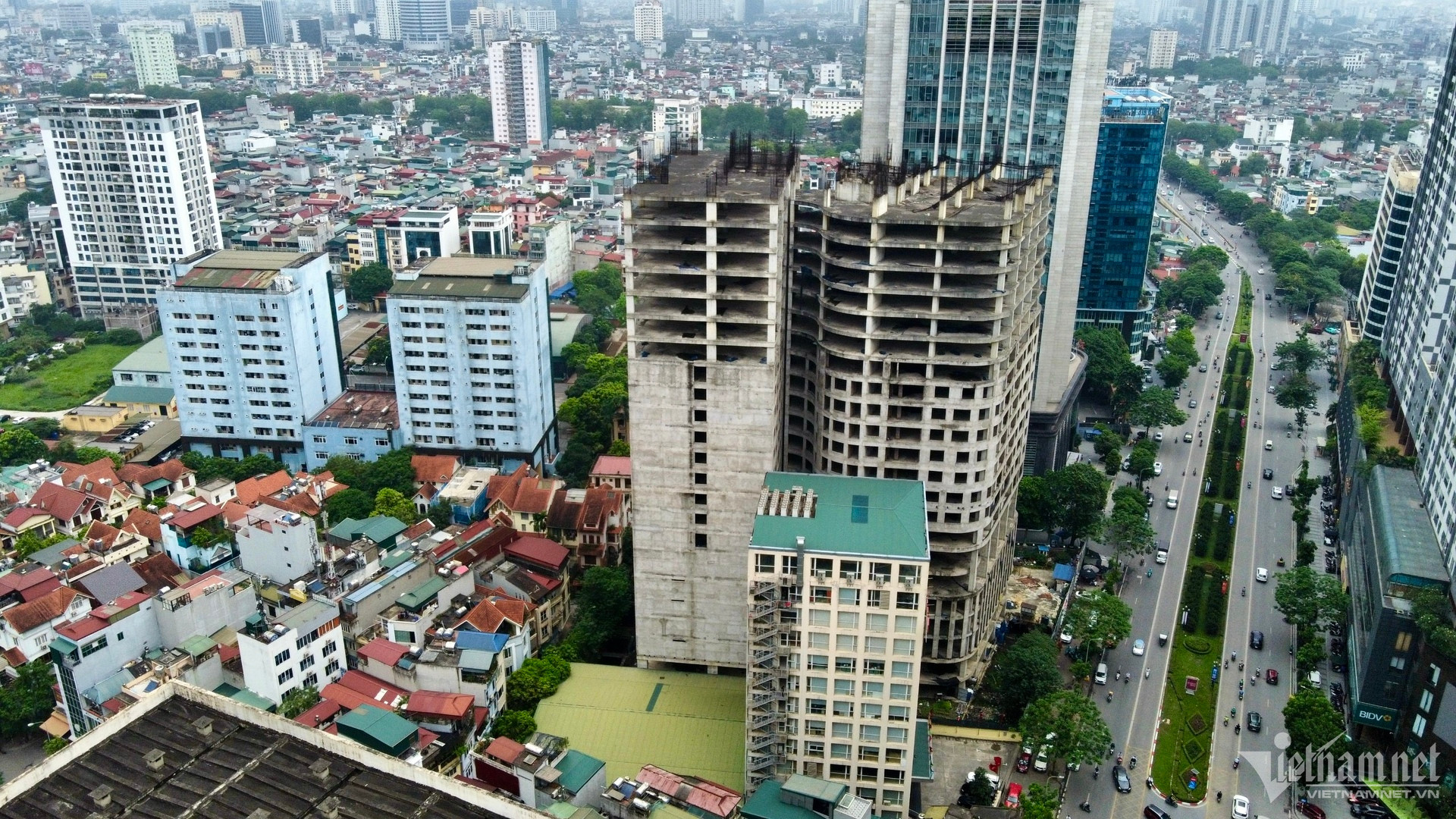
Soaring house prices are fueling a trend of “wedding reluctance and childbirth laziness.” Photo: Hong Khanh |
VARS notes that Ho Chi Minh City, which has the highest property prices in the country, also has the latest average age of marriage and the lowest birth rate nationwide.
Ho Chi Minh City has witnessed continuously rising property prices, reaching new peaks during the 2016-2018 period. Concurrently, the city’s spatial cost-of-living index (SCOLI) also led the nation during this time.
Similarly, since 2019, while property price growth in Ho Chi Minh City has slowed, prices in Hanoi have been on a steep upward trajectory.
VARS data reveals that, as of now, the average price of primary apartments in Hanoi has nearly reached 60 million VND per square meter, approaching the levels seen in Ho Chi Minh City. The marriage age in Hanoi is also increasing, along with a declining birth rate.
Increasing the supply of social housing and affordable homes
VARS assesses that in Vietnam, measures to encourage marriage before the age of 30 and promote childbirth remain rather vague and may not be as effective as expected.
The association proposes that the government vigorously implement existing measures and explore the development of clearer policies, such as providing one-time preferential support for social housing purchases to couples who have given birth to two children.
Furthermore, the fundamental solution, according to the association, lies in addressing the housing issue.
Given the scarcity of land resources, incomplete policies and laws, complicated administrative procedures, and rising input costs, developers tend to focus on the high-end segment to maximize profits.
In the first half of this year, there was a complete absence of affordable commercial apartments in the two special municipalities. More than 80% of the apartment supply released in Hanoi and Ho Chi Minh City belonged to the luxury segment (above 50 million VND per square meter).
Therefore, VARS suggests that to address the housing needs of the majority of the population, the government should increase the supply of social housing in urban areas and explore intervention policies to develop affordable commercial housing. For instance, the state could control the profit margin of developers for affordable commercial housing projects while allowing enterprises to develop and sell these properties.
This is not the first time that the proposal to prioritize support for social housing purchases for couples with two children has been made. During a meeting on economic issues in August last year, the Ho Chi Minh City Department of Health also suggested giving priority to social housing support for couples with two children.
|
What are other countries doing? In many developed countries, governments have introduced a range of measures to encourage young people to marry and increase the birth rate. In addition to welfare policies, most other incentives involve cash grants for renting or buying a home. For instance, in Japan, newlywed couples receive a one-time grant of 600,000 yen (over 130 million VND) to cover the cost of renting or buying a new home, including deposits, key money, service fees, and brokerage fees. In Busan, South Korea, newly married couples are eligible for a 30 million won (approximately 550 million VND) housing deposit or a monthly rental subsidy of 800,000 won (over 14 million VND) for five years. |
By Hong Khanh
Accelerating disbursement of the 120 trillion VND credit package for social housing
Deputy Prime Minister Trần Hồng Hà has recently issued directives regarding the implementation of the 120,000 billion VND credit package for investors and buyers of social housing, workers’ housing, and projects for the renovation and construction of apartment buildings.
Property prices soar, expert advises considering secondary markets
The prices of primary housing are currently at a very high level, and experts recommend that home buyers consider the secondary market as a viable option.


















